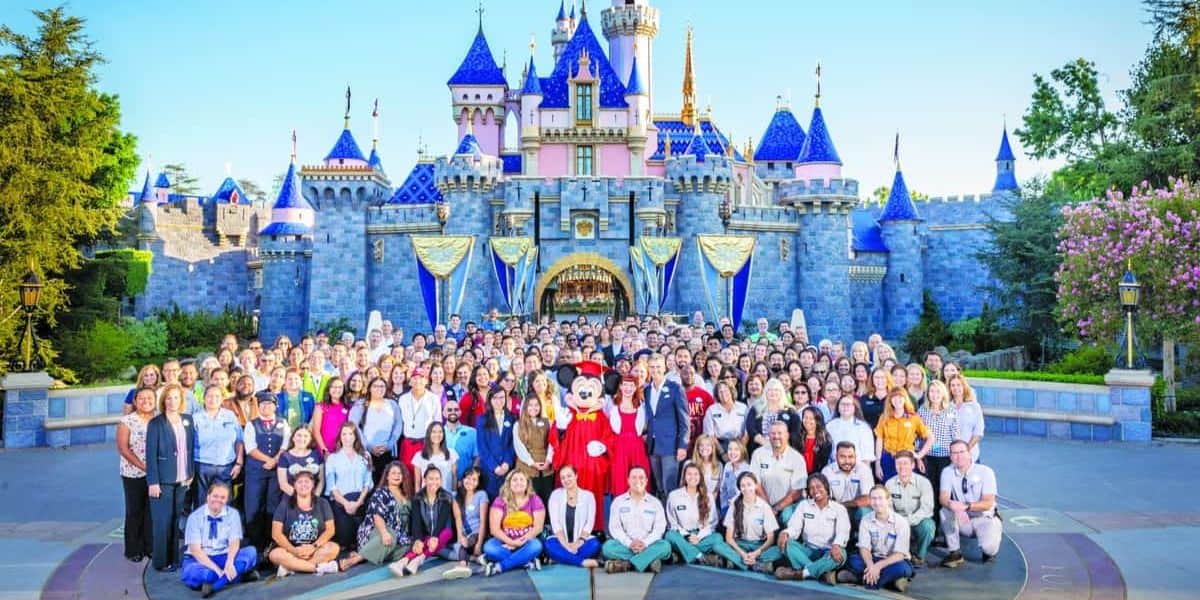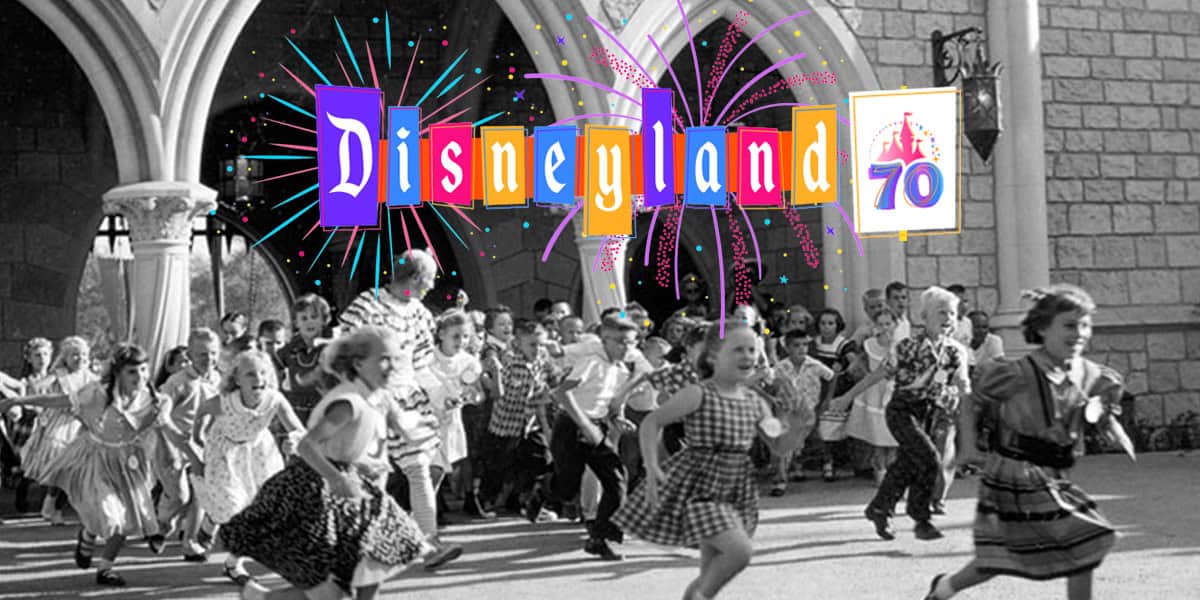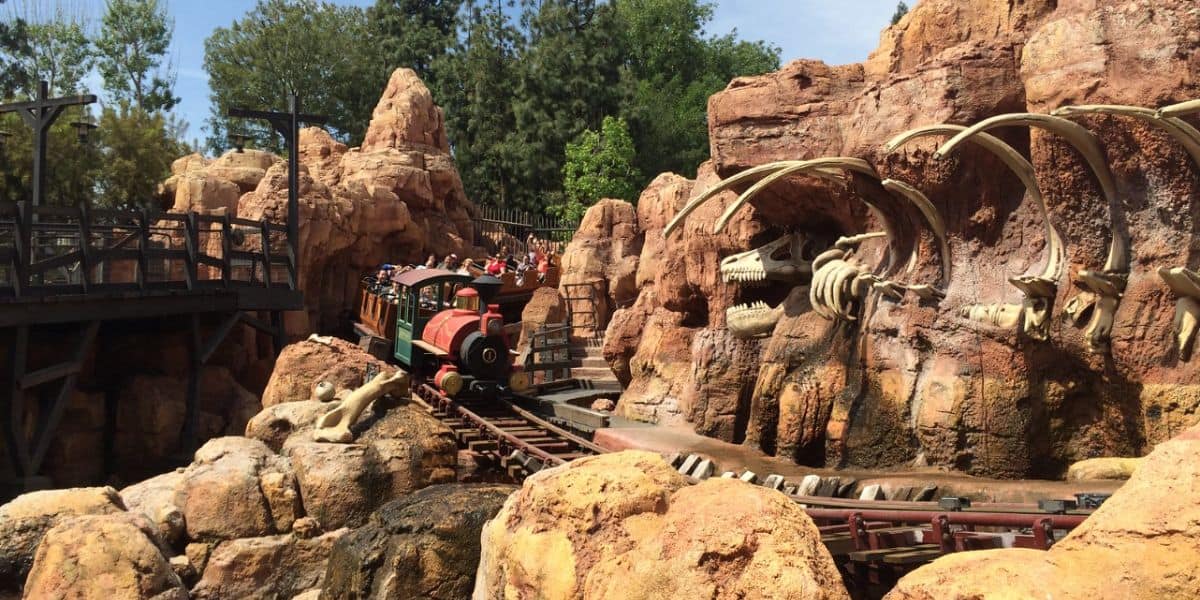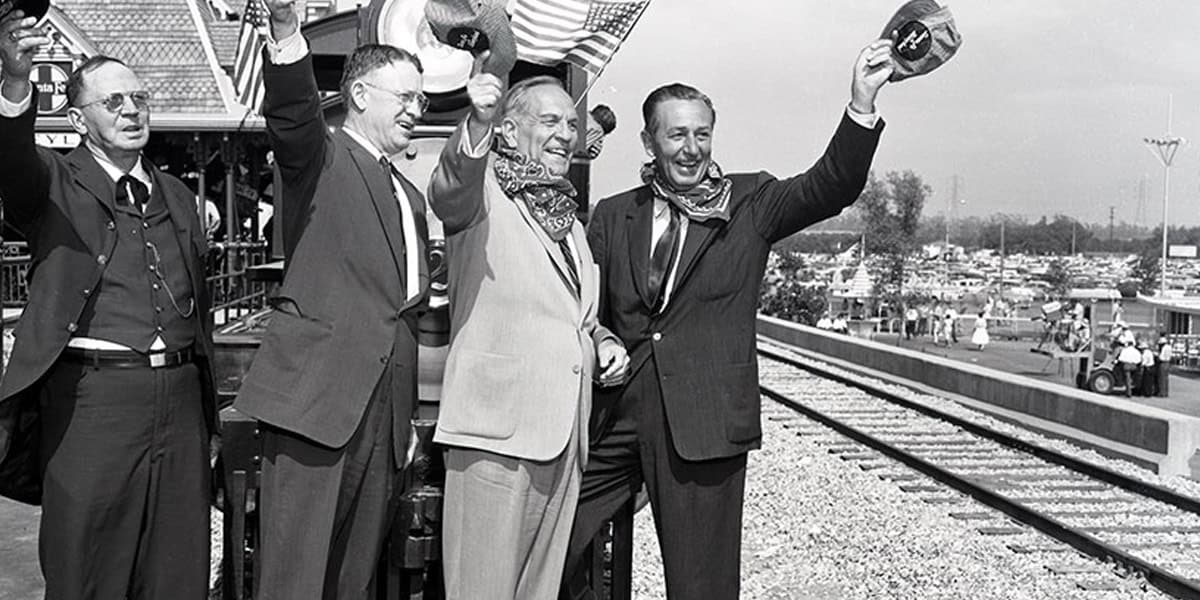Disney’s Political Influence in Anaheim
The Anaheim City Council recently refrained from addressing a proposed gate tax, a strategic move influenced by strong connections between local politicians and Disney. City Councilwoman Natalie Rubalcava initially suggested evaluating a gate tax, which could significantly boost city finances.
However, just hours before the scheduled meeting for discussion, Rubalcava requested that the matter be postponed. The tabling of the gate tax issue has been perceived as a clear reflection of how Disney-backed politicians can sway council decisions.
Mayor Ashleigh Aitken has publicly defended Disney, emphasizing its substantial contributions to Anaheim’s economy. In an Op-Ed, Aitken stated, “We can keep trying to work with our partners and work with our resort community, and work with our business leaders to attract more investment, or we can bleed them dry.”
This sentiment underscores the importance of Disney as a fiscal agent within the local economy. Disney not only represents the largest employer in Anaheim, contributing significant employment opportunities, but also plays a crucial role in local tax revenue generation and community development.
Financial Challenges for Anaheim
Anaheim currently faces a daunting $63 million budget shortfall for the upcoming fiscal year. In light of this financial crisis, alternative revenue-generation strategies are being considered, including selling bonds and possibly a parking garage. The potential gate tax, which could have raised between $83 million to $134 million annually based on projections for a three percent tax on Disneyland gate revenues, remains a focal point for future financial discussions.
Despite its potential benefits, the city has opted not to place the gate tax issue on a voter referendum, indicating a shift towards other solutions to address the budgetary gap. Given the significant deficit, the local government is exploring various avenues for revenue while avoiding friction with its most influential player—Disney. The absence of a gate tax means the city may continue to grapple with financial limitations, prompting questions about the sustainability of its current strategies without critical reform.
Community and Economic Considerations
Disney’s status as Anaheim’s leading employer intertwines with the economic fabric of the city. The impacts of a gate tax reverberate beyond city hall; they influence local businesses that depend on foot traffic from Disneyland visitors. Many local proprietors express concern that imposing such a tax could deter visitors, ultimately harming the broader economy.
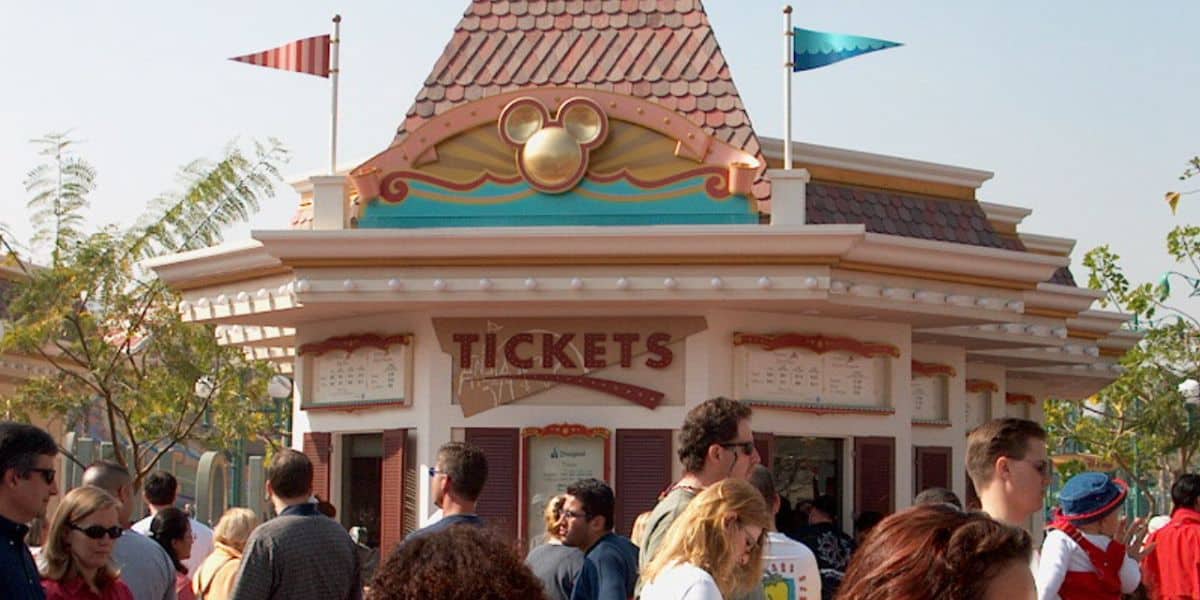 Credit: The Fun Chronicles, Flickr
Credit: The Fun Chronicles, Flickr
Community feedback has been mixed regarding the implications of the gate tax. Some residents and small business owners underscore the necessity of such a tax to improve city infrastructure, while others fear it may cause Disneyland to raise its ticket prices or deter new visitors. Given that tourism plays a significant role in Anaheim’s economy, the bankability of the city is contingent upon a stable and thriving visitor base.
The long-term effects of the gate tax discussions are still an open question. If imposed, it could redefine the relationship between the city and its major attractions and alter visitors’ perceptions and experiences.
Future Implications of Tax Discussions
The possibility of revisiting the gate tax discussion remains on the table. Historical context reveals that tax proposals targeting Disney are not new; previous measures have encountered similar resistance from the influential theme park. The council’s decision to table the issue reflects not just a deferment but potentially a broader strategy to consider integrating input from various stakeholders in the community.
Community engagement plays a significant role in shaping the discourse surrounding such tax debates. The city must strike a balance between addressing its financial needs and accommodating the concerns raised by its constituents, including local businesses, residents, and, of course, Disney-backed politicians.
As Anaheim navigates its fiscal landscape, the interplay between revenue generation, community sentiment, and the influence of a key economic player like Disney will likely continue to be pivotal in shaping the city’s financial future. The ongoing discussions about the gate tax will need careful consideration to ensure that any potential solutions serve the long-term interests of both Anaheim and its most crucial economic partners.
Rick is an avid Disney fan. He first went to Disney World in 1986 with his parents and has been hooked ever since. Rick is married to another Disney fan and is in the process of turning his two children into fans as well. When he is not creating new Disney adventures, he loves to watch the New York Yankees and hang out with his dog, Buster. In the fall, you will catch him cheering for his beloved NY Giants.

